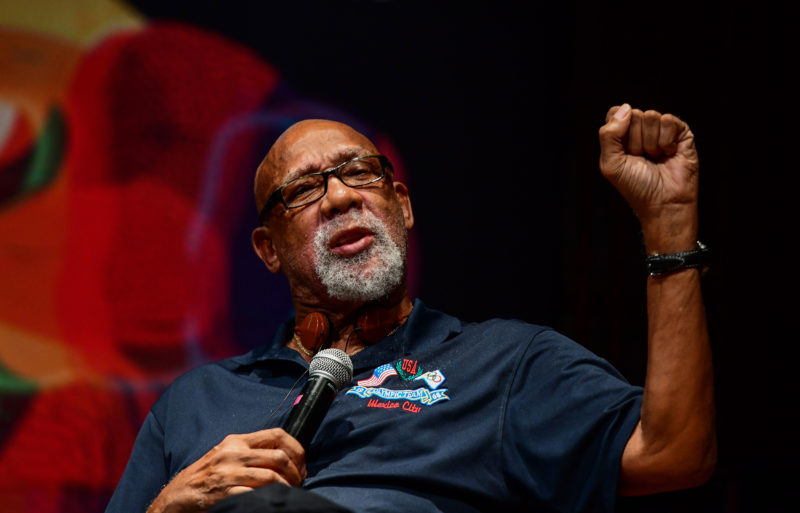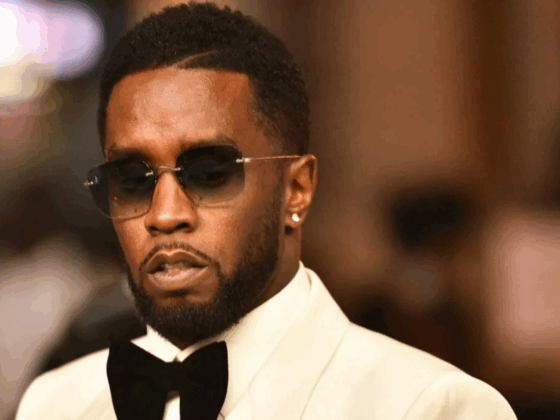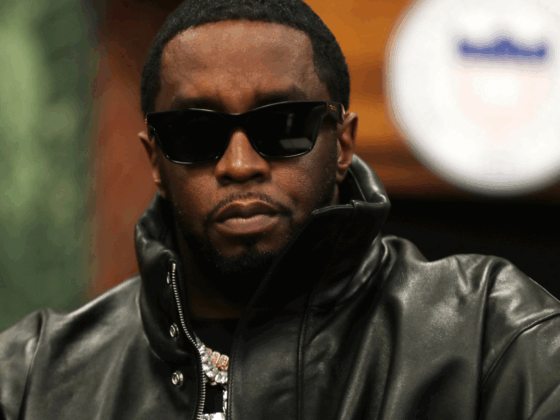
On October 16, 1968, time seemingly stood still as Tommie Smith and John Carlos sported black leather gloves and raised their fists while standing on the medal podium during the Summer Olympics in Mexico City, Mexico. This silent protest of the treatment of marginalized communities in American society outraged IOC President Avery Brundage and led to their expulsion from the Olympic Village. While their act of protest is celebrated today, there were decades when it wasn’t. Yet, it was still worth it.
“If I win, I am American, not a black American. But if I did something bad, then they would say I am a Negro. We are Black and we are proud of being Black. Black America will understand what we did tonight,” Tommie Smith said.
“We were concerned about the lack of Black assistant coaches. About how Muhammad Ali got stripped of his title. About the lack of access to good housing and our kids not being able to attend the top colleges.”
Decades later, Black Americans are protesting the fact that Black homeownership is at the lowest it has been in nearly 50 years. Marginalized communities are protesting the fact that Black graduates finish college with approximately $7,500 more debt than their white classmates. Then, the conversation shifts towards police brutality and state violence. The only thing that has seemingly changed is the U.S. Olympic Committee.
Last month, the U.S. Olympic Committee announced that it would not sanction athletes who protested during the Olympic trials. As a result, it outlined what “racial and social demonstrations” would and would not be allowed. While this is a step forward from the IOC’s zero-tolerance policy for dissent, it misses the point of what a protest is. Protests are not approved, sanctioned or allowed. Protests are the exact opposite of what is allowed.
Throughout the summer, the National Basketball Association supported players kneeling during the national anthem and painted “Black Lives Matter” across the court. While these gestures were protests of what is typically accepted in American society, they weren’t protests within the league. The action that the Milwaukee Bucks took to not play shortly after Jacob Blake Jr. was nearly killed was in fact a protest. It was not sanctioned and it forced Adam Silver and the NBA to follow their lead.
Protests in the world of sports are not approved. The U.S. Olympic Committee is attempting to get ahead of something that it cannot get ahead of. Protests, by definition, are disruptive and go against the grain. The U.S. Olympic Committee is built to support its athletes. If a track star, boxer or soccer player decides to protest against systemic racism, gender discrimination or immigration policy in a way that falls outside of the U.S. Olympic Committee’s standards, is it suddenly not acceptable? Is it not appropriate? Athletes are changemakers and their actions will always reflect that regardless of what the U.S. Olympic Committee allows.






